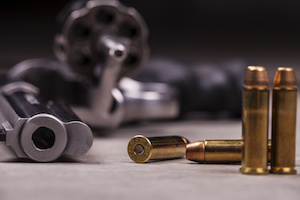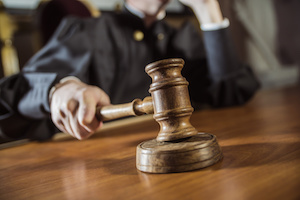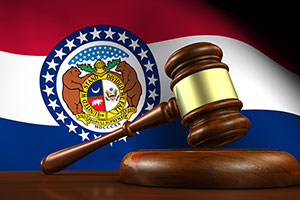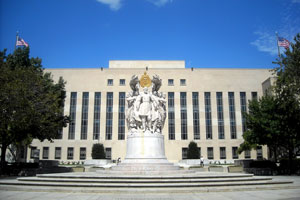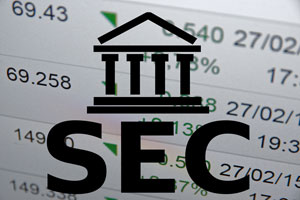Arbitration clauses are common in commercial contracts. Some employment agreements and user agreements (the online contracts that consumers never read before clicking “I agree”) also contain arbitration clauses.
Arbitration has been promoted as a cost-effective alternative to courtroom litigation. That may or may not be true. The filing fee to start an arbitration can be considerably larger than the fee for filing a lawsuit. Arbitrators charge a daily fee; judges are paid by the public. Court reporters charge the same fee for depositions, whether the discovery is conducted in a civil action or an arbitration.
On the other hand, the motions that extend civil litigation are usually curtailed in arbitration. Cases generally proceed more quickly in arbitration, resulting in lower attorneys’ fees for clients who pay lawyers by the hour.
Expert Witness Disclosure and Discovery in Arbitration Proceedings
Plaintiffs frequently ask an expert witness to evaluate a case before they decide whether the case is worth pursuing. For example, when a consumer purchases a product from an online vendor that injures the consumer, a lawyer might want an engineer to examine and test the product to decide whether the product’s design made it unreasonably dangerous. A lawyer may rely on that opinion when they lawyer decides to bring a product liability case.
In federal court, a consulting expert’s opinion is not usually discoverable. If the lawyer wants the expert to testify in court, however, the lawyer must disclose the expert and the expert must prepare a report that complies with federal rules. Communication between the expert and a lawyer might be shielded from discovery, but — as is true of the rule shielding the opinions of a consulting expert — courts have created a minefield of exceptions that may expose experts to broader discovery than a party anticipates.
Disclosure of experts tends to be less strict in arbitration proceedings. Arbitration agreements often limit discovery. They might do so expressly or by requiring adherence to arbitration rules that streamline discovery (such as the JAMS Comprehensive Arbitration Rules & Procedures).
The JAMS rules require a document exchange and the identification of witnesses, including experts. They require production of “any written expert reports that may be introduced at the Arbitration Hearing” but they do not require experts to prepare reports. The rules also allow the deposition of experts by agreement or for good cause. The absence of an expert report may be good cause for taking the expert’s deposition.
When the agreement is silent, arbitrators control discovery. They generally require document exchanges, but they might not permit depositions or require experts to prepare reports.
The limited disclosure and discovery rules in arbitration might be an advantage for parties who use expert witnesses. Lawyers may be able to speak more freely with consulting experts. Lawyers may also be more confident that documents prepared by an expert for the expert’s own use will be protected from discovery.
Admissibility of Expert Opinions
In federal court, litigants must satisfy the Daubert standard before an expert witness can testify. Federal judges interpret Daubert inconsistently, making it difficult to predict whether an expert opinion will be admitted.
State courts follow their own standards. They often modify the Daubert or Frye standards or create a hybrid rule. Litigants are challenged to assure that expert testimony fits within a state’s standard of admissibility.
Unless the arbitration agreement imposes a particular standard on the admission of expert testimony, arbitrators are likely to consider the testimony of an expert without considering admissibility of the expert’s opinion. Daubert factors that address the reliability of the expert’s methodology or the sufficiency of the facts that inform the expert’s opinion will generally determine the weight the arbitrator gives to the expert’s opinion rather than the opinion’s admissibility.
Advantages of Expert Testimony in Arbitration
In jury trials, lawyers prepare experts to explain technical language in simplified language. While experts may want to use technical jargon to enhance their credibility, they need to help jurors understand their jargon so that jurors do not become lost in the complex analysis that underlies the expert’s opinion.
Arbitrators are often chosen because they have experience deciding cases within a particular field. An arbitrator who has heard experts testify in similar cases will not necessarily need a “simplified” version of an expert’s reasoning. While jurors who do not understand an expert’s testimony cannot ask for clarification, an arbitrator is free to do so. Arbitration may therefore streamline an expert’s testimony while making it more likely that the decision-maker understands the expert’s opinion.




